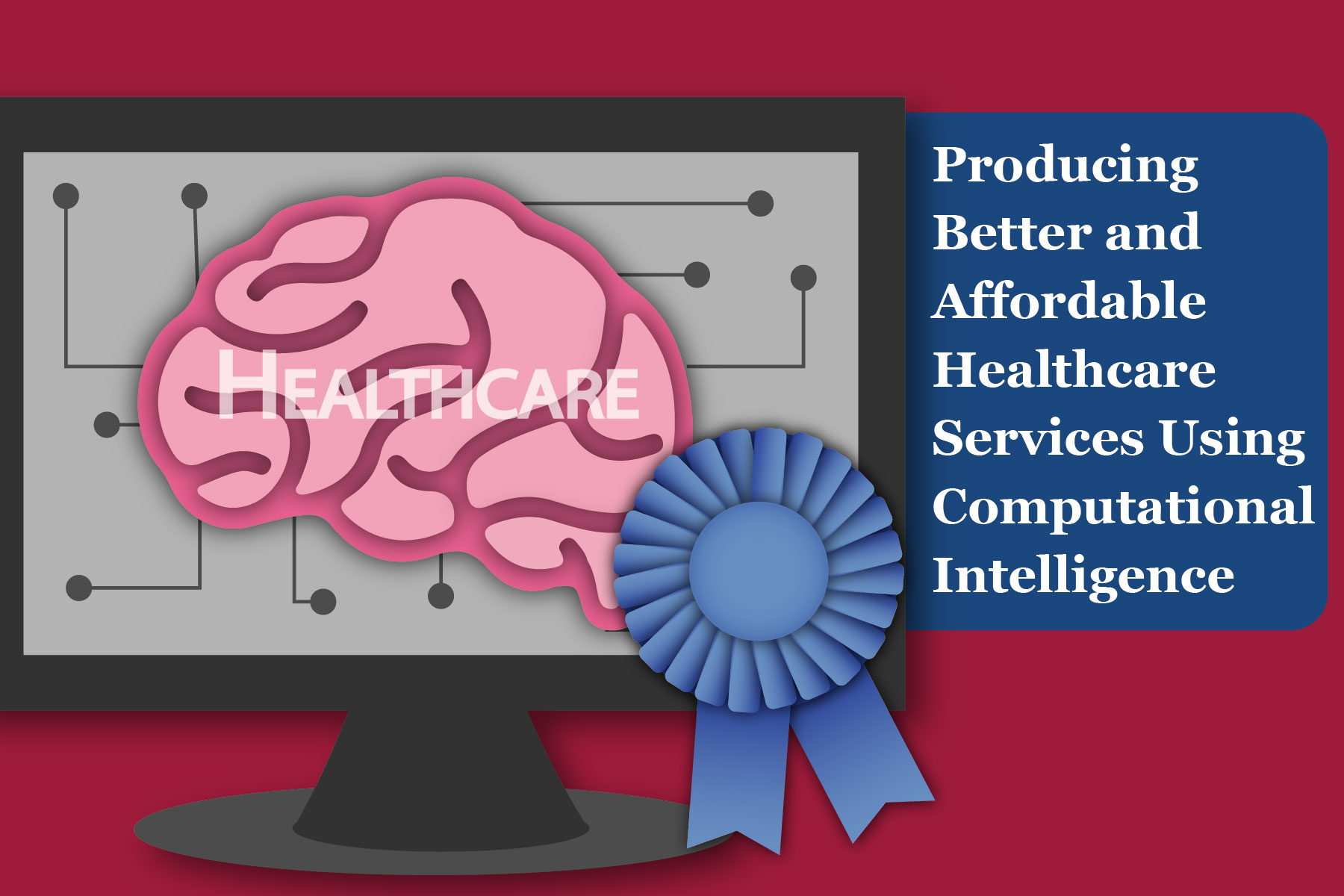Computational Intelligence (CI) is one of the major pillars of Artificial Intelligence. It is the study, design, and development of intelligent software based on the theory of evolution. Within the past decade, healthcare has become expensive. Also, with the declining doctor-patient ratio, there are constant needs for computing systems for everything from executing simple tasks, such as booking appointments, to major services such as consulting and diagnosis.
The solution to such problems is making current software systems “smart” or simply, adding intelligence1. These are the features of CI-based applications which are helping the healthcare and medical services become more affordable and efficient:
- Cheaper and Faster Services – Being a computerized system, CI tools can diagnose or make recommendations in seconds. Also, these tools use minimal resources and are mostly dependent on the data required for CI module training and testing.
- Patient Treatment Decision Making – Based on the historic patient data, unique and customized plans for patients can be generated or recommended. Such recommendations would directly result in saving several hours and dollars which go into patient appointments, planning, and clinical resource management.
- Shrewd Diagnosis – Based on the patient diagnostic data, CI tools can forecast health conditions or detect early signs of critical diseases.
- Help in Pharma and Clinical Trials- Based on the trained data of chemical compounds and their behaviors, the CI tool might be able to predict the potential side-effects and hazards that could affect patients in the future. Such predictions would save large sums of money and time which might be invested to find a remedy if the designed medicine undergoes variations or failures. Additionally, it would also save the resources to be invested for human or animal clinical trials with evaluations for such medicines.2
CI algorithms are a part of the AI framework. To get the product on the market in the US, it needs FDA compliance. Currently, the AI-based software undergoes a premarket submission, such as the 51o(k) or DeNovo pathways, for getting FDA approvals. But FDA is actively engaging with manufacturers and software developers to develop a framework that would cover the anticipated software changes, offering flexibility as CI models include constant changes. The proposed Software Pre-Specifications (SPS) tool offers the space of adding potential changes that developers see coming in future versions. In such cases, FDA states that it is not essential to provide a submission if it is stated in the SPS.3 Indeed, if there are changes that are strongly affecting the safety, quality, or effectiveness of the CI tool, submission is necessary.
Moreover, even if the CI tool predicts or analyses data accurately, every medical device and application goes through the clinical evaluation phase. In the case of CI software, the outputs of the CI are validated against the established target policies to check if the model outcome reaches the intended use in the target population. The clinical evaluation is an essential step for checking the overall accuracy of the implemented CI algorithm.4 This phase also involves the feedback of the Internal Review Board (IRB) committee which checks the methodologies applied during the research and implementation phases. IRB checks if the utilized methods are valid and ethical.
To sum up, even though the CI tool assists in cutting down the healthcare and medical costs while making it better, it needs to be thoroughly tested not only from an algorithmic perspective but also from a quality and safety perspective. Do you have a CI-based software that needs FDA approval? Our experts at EMMA International can help ensure your product is FDA compliant. Contact us at 248-987-4497 or info@emmainternational.com for additional information.
1Rakus-Andersson, E., & Jain, L. C. (2009). Computational intelligence in medical decisions making. In Recent Advances in Decision Making (pp. 145-159). Springer, Berlin, Heidelberg.
2Arnaud Bernaert, Emmanuel Akpakwu (May 2018) Four ways AI can make healthcare more efficient and affordable. Retrieved on 09/01/2020 from https://www.weforum.org/agenda/2018/05/four-ways-ai-is-bringing-down-the-cost-of-healthcare/.
3FDA (January 2020) Artificial Intelligence and Machine Learning in Software as a Medical Device. Retrieved on 09/03/2020 from https://www.fda.gov/medical-devices/software-medical-device-samd/artificial-intelligence-and-machine-learning-software-medical-device.
4Jon Speer, Allison Komiyama, Michelle Rubin-Onur (July 2019) Regulating Artificial Intelligence and Machine Learning-based Software as a Medical Device. Retrieved on 09/03/2020 from https://www.greenlight.guru/blog/regulating-artificial-intelligence-machine-learning-software-as-a-medical-device.






